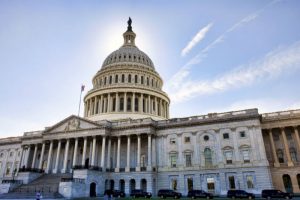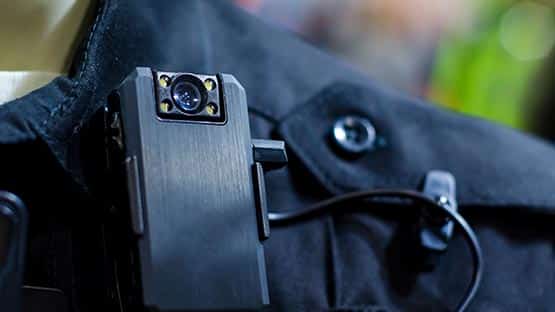
The Senate voted Wednesday to pass a $2 trillion COVID-19 relief plan that provides for $1,200 in direct payments to most Americans, and includes billions of dollars in lending and grant programs designed to help businesses, workers and municipalities.
The bill also provides for $150 billion for hospitals and other public health infrastructure, and includes an important change to existing tax policy allowing employers, for the first time, to use pre-tax dollars to help pay down employees’ student debt.
“This is not the first step Congress has taken to deal with the COVID-19 pandemic, nor will it be the last,” Sen. Mark Warner, D-Va., said in a statement.
The legislation now moves to the House, where it is scheduled for a vote on Friday morning.
President Trump has indicated that he will sign it immediately.
Trump has already signed into law a bipartisan $8.3 billion emergency funding bill that directed needed resources to federal, state and local agencies responding to coronavirus.
That legislation provided Virginia with $13.3 million in federal funding to help cover the costs of preparations for this public health emergency.
A second bipartisan coronavirus response bill signed on March 18 focused on the immediate economic impact of the coronavirus, expanding paid sick leave to many Americans, cutting restrictions on unemployment insurance for workers who have lost their jobs or had their hours cut, and guaranteeing freed coronavirus testing.
That bill also included significant emergency funding for Medicaid, nutrition assistance, state unemployment programs, and coronavirus testing at Department of Veterans Affairs medical centers.
The bill passed last night also expands access to child care, expands unemployment assistance, puts a temporary moratorium on evictions and foreclosures, supports schools, strengthens America’s medical supply chain, increases nonprofit funding for maternal health, and increases funding for community action agencies.
“For America to get back to work, and for Americans to get past their natural fears and anxieties, we have to be smart from this point forward as we battle this virus,” said Sen. Tim Kaine, D-Va. “All people have a role to play in this by practicing social distancing to protect one another. I have confidence that Virginians and all Americans will meet this challenge.”
Details
- Direct payments to Americans: The legislation includes direct cash payments to all low- and middle-income Americans: $1,200 per single filer and $2,400 for joint filers, with an additional $500 per minor dependent.
- Expand unemployment assistance: The legislation includes key provisions of legislation to provide federally-funded unemployment assistance to those affected by the coronavirus. Under the agreement, unemployment insurance would be provided to workers impacted by the coronavirus, including gig workers and freelancers.
- Moratorium on evictions and foreclosures: The legislation implements temporary moratoriums on eviction and foreclosure proceedings. Single- and multi-family property owners in mortgages backed by federal agencies will be given the option for forbearance – allowing them to defer payments and add onto the end of the loan. Renters in buildings covered by the Fair Housing Act or backed by federal funding will be protected against evictions for 120 days.
- Expand access to child care: The legislation includes Sen. Kaine’s proposal with Sen. Todd Young to increase funding, flexibility, and eligibility for the Child Care & Development Block Grant (CCDBG) to help ensure health care providers and other essential workers have access to child care during the pandemic.
- Small business funding: The legislation provides nearly $350 billion in funding for forgivable small business loans. Funding will be provided through local banks, and can be used to cover payroll, rent, mortgage interest, utilities, and other expenses. The portion that is forgiven will be scaled related to how many workers the business retains through the crisis.
- Guardrails for large business assistance: Democrats were able to secure additional guardrails on loans made to larger businesses, including restrictions on stock buybacks and protections that will lead to more workers being maintained on the payroll. Additionally, funding provided under this section will be subject to strict transparency and accountability requirements, including the establishment of a new Inspector General to oversee distribution, usage, and repayment of funds.
- State and local coronavirus relief fund: The legislation includes a $150 billion fund to support state, local, and tribal area efforts to address COVID-19. Funding will be provided directly to states, counties, and tribal areas.
- Historic investment in the health care system: Democrats fought for and secured a $150 billion Marshall Plan for the health care system to support hospitals and other health care providers impacted by COVID-19 with necessary personal protective equipment, testing supplies, infrastructure, and more.
- Support for schools: The legislation provides $30.75 billion for grants to provide emergency support to local school systems and higher education institutions to continue to provide educational services to their students and support the on-going functionality of school districts and institutions.
Story by Chris Graham










